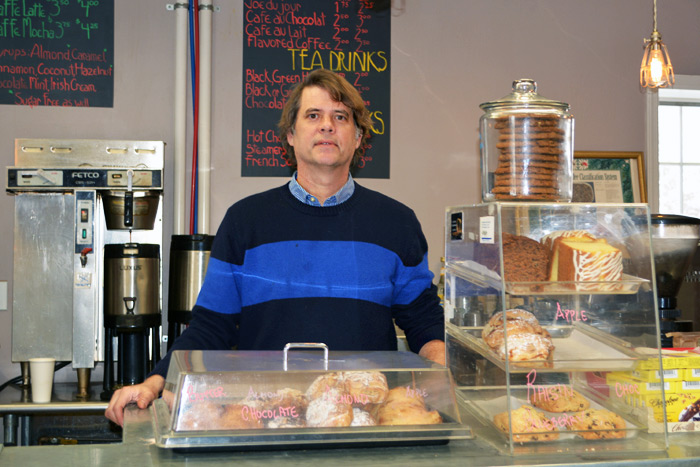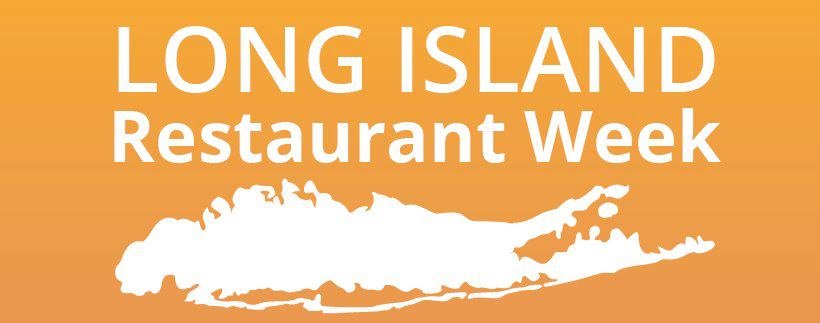Java Nation: Bean to Being in Bridgehampton

As you walk through the doors of Java Nation, the delicious scent of freshly roasted coffee fills the air around you. A Hamptons institution and a classic “mom and pop shop,” Java Nation has been roasting its own coffee for over 20 years.
Owners Andrés and Cheryl Bedini operated Java Nation on Main Street in Sag Harbor for over 17 years. Java Nation—or “Java,” as locals call it—moved operations to Bridgehampton three years ago, just two doors east of the Bridgehampton train station. Dan’s spoke to Andrés about the move, how Java Nation is an exciting, unique spot for coffee lovers on the East End, and the fascinating process coffee beans go through before being savored by coffee aficionados everywhere.
“Bridgehampton is a great community,”Andrés Bedini says. “This town is located right in the middle of everything. You get to see many of the same people, as well as their children. You get to connect the dots, so to speak, as to who is related to whom. Plus, there are three schools located in Bridgehampton: The Hayground School, Ross Lower School and Bridgehampton School.”
Bedini’s favorite cup of coffee is a Blue Mountain—black. “Our most popular cup of coffee is a large regular cup,” he notes. “But the double latté is also very popular. During the summer, Java Nation probably sells about 300 cups of coffee per day. But we also sell about 100 pounds of beans per day. Our most popular roast is Sumatra French Roast. The trend in coffee is more lightly roasted coffee, so that a person can taste the true flavor. People are also looking for coffee from more exotic locations.”
Bedini is passionate about coffee and explains the process behind its harvesting. “Coffee beans grow between the Tropic of Cancer and the Tropic of Capricorn, in the mountains, above 3,000 feet. Coffee is ideally grown in volcanic soil under natural forest canopies. First, a small sapling is planted in the ground. After five years, the tree starts to flower its first red cherries. After that, you pick the red cherry off of the sapling. The cherry is pulped, meaning the skin and pulp is taken off. After the pulping, what is left of the cherry is fermented. The fermentation takes about 24 hours and then it is washed. After the washing process, the fermented cherry seed is dried and husked by machine. After the husking, the cherry seed has to be graded and sorted. The beans are then bagged. After the bagging, the beans are shipped from New York. Then Java Nation puts about 25 pounds of beans into [our 1,000-pound] roaster. The beans are then cooked until they are caramelized. Then, they’re bagged and ready to be ground. After the beans are ground, they can go into a coffee maker—where a person can pour a cup of coffee.”
While in Java Nation, you might well enjoy the look of the place as well as its lovely aroma. Bedini says, “All of our art is created by local artists. Our favorite piece was made by Warren Padula from Sag Harbor.”
Java Nation is open from 7 a.m. until 6 p.m. weekdays; and 7 a.m. until 5 p.m. on weekends at 112 Maple Lane in Bridgehampton, 631-725-0500.



